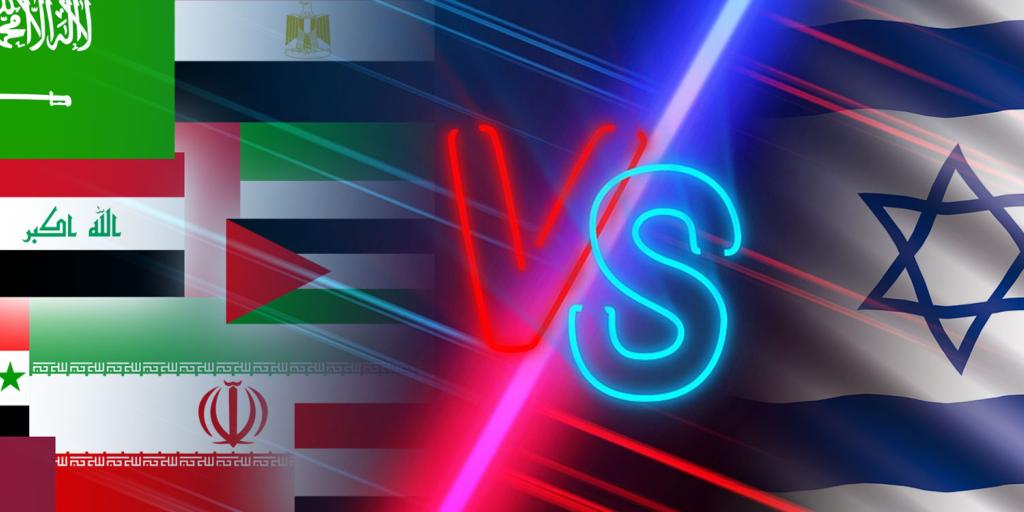
Middle East Attitudes Are Shifting
For centuries, Muslim Middle Eastern nations have been generally divided along denominational Sunni-Shia lines. The Sunni branch of Islam makes up 85 to 90 percent of all Muslims and are the dominant population in nations such as Saudi Arabia and Egypt, while Shias make up only about 10 to 15 percent of all Muslims and form majorities in nations such as Iran and Iraq. The Sunni-Shia divide has been a major source of division between many countries in the Middle East. However, times are changing.
The current war between Israel and Hamas appears to be pushing many Muslims to reconsider their historic antipathy toward each other. In a recent study of Tunisians, survey participants were asked for their opinions about other Middle Eastern nations (Foreign Affairs, December 14, 2023). Before October 7, 2023, many Tunisians had increasingly positive perspectives toward Israel and negative perspectives about Iran. But, within just three weeks of the onset of the current war, attitudes there had shifted greatly. Additionally, before the war began there was much friction between Iran and most of its Arab neighbors. Now, Iran has removed visa restrictions on 33 nations, including many Arab states in the Gulf (Reuters, December 14, 2023). Iran and Saudi Arabia have reinstated communications after seven years of silence. And all the while, Israel, who just a couple of months ago was building ties with many of its Arab neighbors, is rapidly becoming an enemy.
Such a shift in Middle Eastern allegiances, with longtime enemies suddenly treating each other as potential allies, is significant. Students of Bible prophecy should take note of such developments, but not be surprised. Zechariah 12:2–3 speaks of the hatred of Israel that will fill many peoples and governments of the world and prophesies that, eventually, we will see that “all the nations of the earth are gathered against it.” To learn more, be sure to read our booklet The Middle East in Prophecy.



